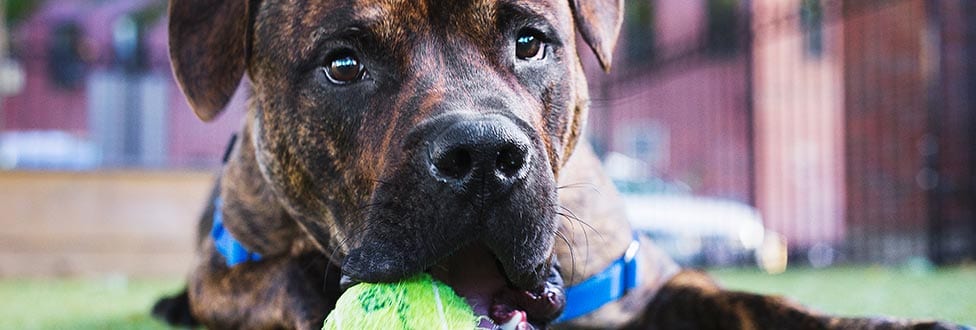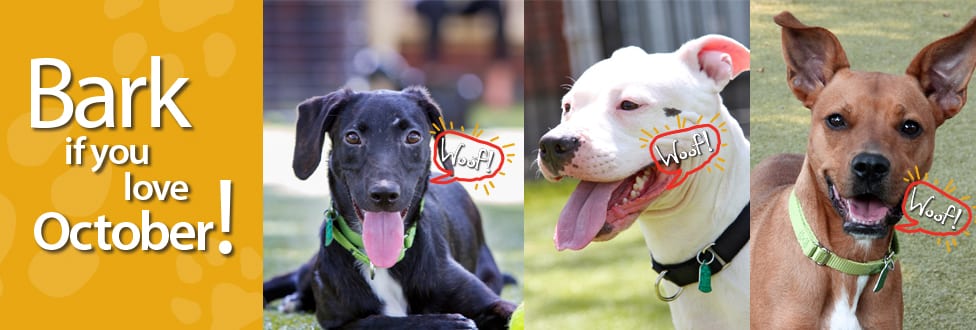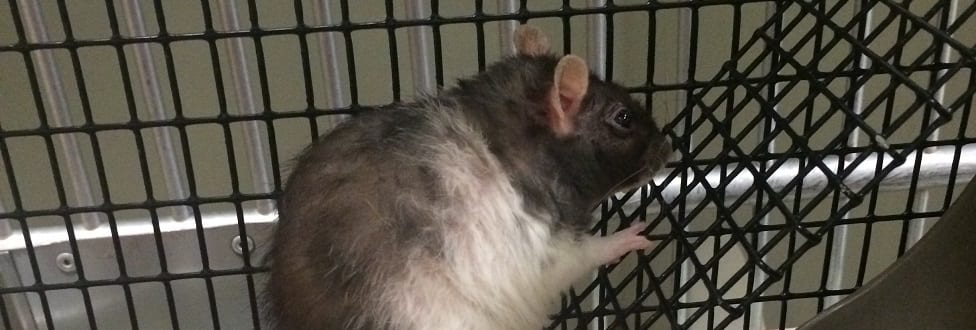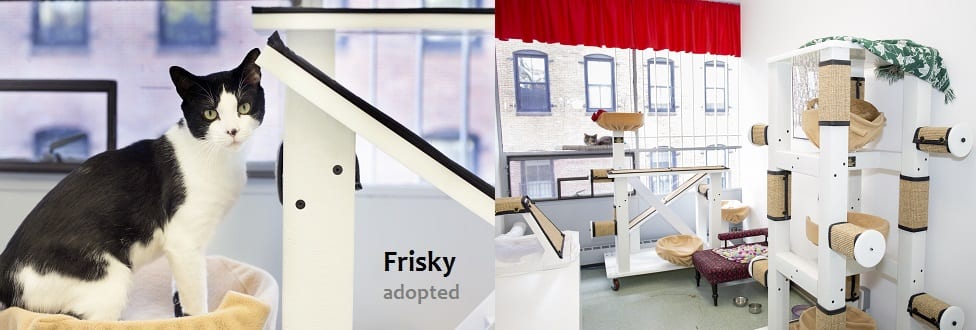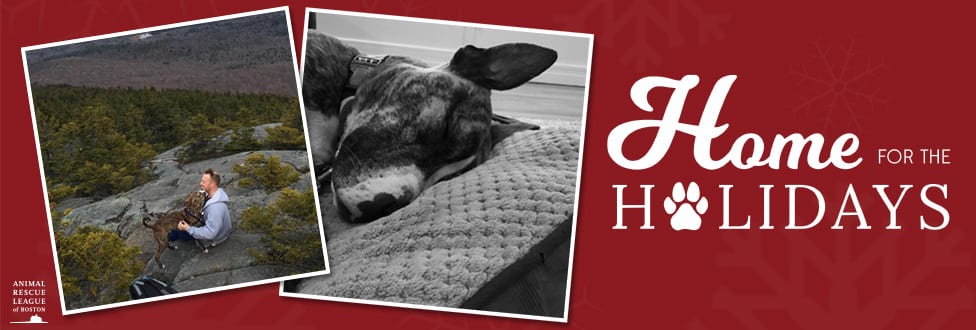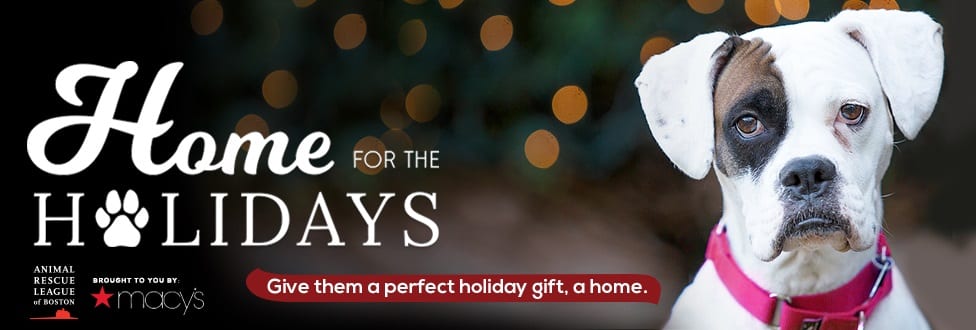Hot off the Press: Our Four-Footed Friends
Check out the many ways YOUR support helped animals in need in 2016
The Fall/Winter 2016 edition of Our Four-Footed Friends (OFFF) is here!
For more than 100 years, ARL has responded to the needs of animals and the people who care about them. In fact, we are often the first to respond, as seen in the recent Westport farm animal cruelty case, featured on Page 10.
All thanks to YOUR critical support, this year we served thousands of animals through our outstanding veterinary care, adoption, rescue services, special police investigation, and advocacy.
Read the incredible stories about what you helped make possible…
Today, we increasingly focus on prevention and the impact we can have on more animals; keeping them out of shelters and in the communities where they belong.
YOU make our important work possible – THANK YOU!






